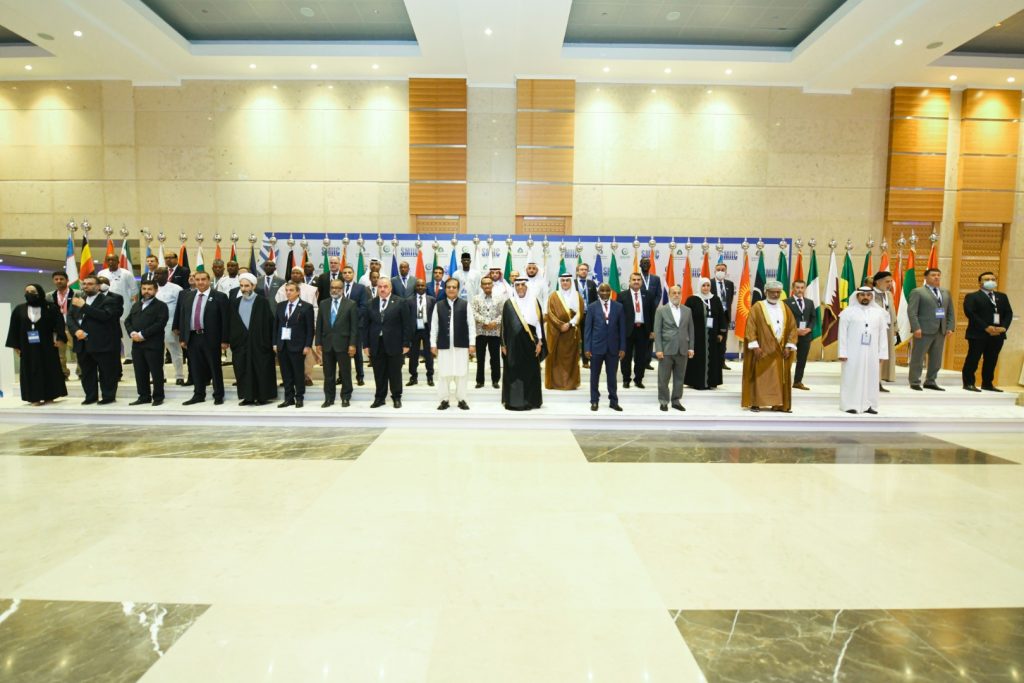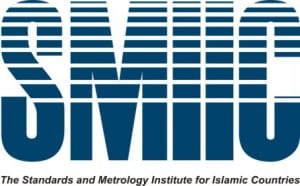 Halal Accreditation Agency (HAK) has been providing accreditation services to organizations involved in halal conformity assessment based upon OIC/SMIIC standards on halal issues. As such, there are different halal certificates under the accreditation guarantee of HAK- covering a wide range of processed food, slaughterhouses, cosmetics etc. In addition to that, there are more than 100 different test methods for which HAK granted halal accreditation as per the related rules of OIC/SMIIC standards. Lately, HAK has expanded its accreditation scope by authorizing one of the most prominent conformity assessment bodies of Turkey, Turkish Standards Institution (TSE), for certifying persons as halal auditors & halal experts.
Halal Accreditation Agency (HAK) has been providing accreditation services to organizations involved in halal conformity assessment based upon OIC/SMIIC standards on halal issues. As such, there are different halal certificates under the accreditation guarantee of HAK- covering a wide range of processed food, slaughterhouses, cosmetics etc. In addition to that, there are more than 100 different test methods for which HAK granted halal accreditation as per the related rules of OIC/SMIIC standards. Lately, HAK has expanded its accreditation scope by authorizing one of the most prominent conformity assessment bodies of Turkey, Turkish Standards Institution (TSE), for certifying persons as halal auditors & halal experts.
HAK’s first halal accreditation scheme, came into effect by late 2019, is drawing upon OIC/SMIIC 2:2019 and stipulates full conformity with the related technical and Islamic criteria while certifying products/services. There are 11 product/service certifiers, resident in Turkey, America, Europe and Australia, accredited by HAK against OIC/SMIIC 2:2019. As known, OIC/SMIIC 2:2019 is largely built upon the applicable provisions of both ISO 17065 and ISO 17021-1. Accordingly, halal certifiers must establish their operational structure and resource management system by taking into account globally acknowledged technical criteria, as well as the Islamic Working Ethics articulated within OIC/SMIIC standards. A conformity assessment body can certify not only consumable products but also services (like catering and tourism) and management system should it acquire accreditation against OIC/SMIIC standards from a national body like HAK.
Another halal certification scheme, drawing upon OIC/SMIIC 35:2020, is for the testing activities of laboratories. This particular scheme is drafted for those tests frequently demanded by certifiers and to some extent being mandatory for a product’s halal conformity according to OIC/SMIIC 1:2019, OIC/SMIIC 4:2018 and OIC/SMIIC 24:2020. Thus far, HAK granted accreditation to 5 laboratories through on-site visits and document controls pursuant to the requirements of OIC/SMIIC 35:2020. This scheme for laboratories shall contribute to a better “halal quality-infrastructure” in which certifiers and to-be-certified producers/service providers can easily access to laboratories that satisfy halal-related principles of OIC/SMIIC standards.
Just as the scheme for laboratories, HAK also established one another first and by now unique halal accreditation scheme on global basis: for conformity assessment bodies certifying persons involved in halal industry against OIC/SMIIC 34:2020. This scheme shall authorize organizations to evaluate the professional skills of persons through written and/or oral examinations which shall bring about accredited personnel certificates to be entitled to serve as Halal Food/Cosmetics Technical Assessor, Halal Food/Cosmetics Technical Expert, Islamic Affairs Expert etc. This scheme of HAK will pave the way for a better resource management structure for certifiers, as well as for manufacturers, should they be in need of competent persons to conduct their business. What is more, it will be ensured that the people working in the halal industry shall be evaluated against common criteria for their skills and competencies.
As the standardizations efforts of SMIIC shall culminate in various other standards and guidelines, it would be no surprise to observe numerous halal accreditation schemes to regulate other fields necessary for a sound “halal quality infrastructure” amongst OIC Member States. In this respect, it is expected of HAK or any other SMIIC member’s accreditation body to design schemes for organizations that provide ‘proficiency testing’ for laboratories, as well as for inspection bodies that will examine and eventually make a technical judgment on a product, process or processes (such as shipment, assembly or design) for their halal conformity.



